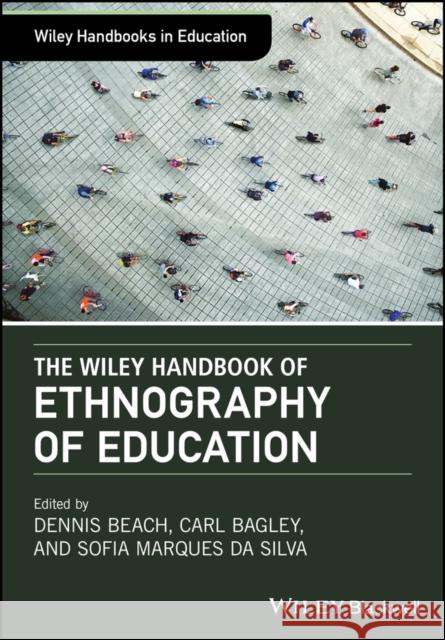The Wiley Handbook of Ethnography of Education » książka
topmenu
The Wiley Handbook of Ethnography of Education
ISBN-13: 9781118933701 / Angielski / Twarda / 2018 / 592 str.
Kategorie:
Kategorie BISAC:
Wydawca:
Wiley-Blackwell
Seria wydawnicza:
Język:
Angielski
ISBN-13:
9781118933701
Rok wydania:
2018
Numer serii:
000783870
Ilość stron:
592
Waga:
1.02 kg
Wymiary:
18.0 x 25.0 x 3.3
Oprawa:
Twarda
Wolumenów:
01
Dodatkowe informacje:
Bibliografia











